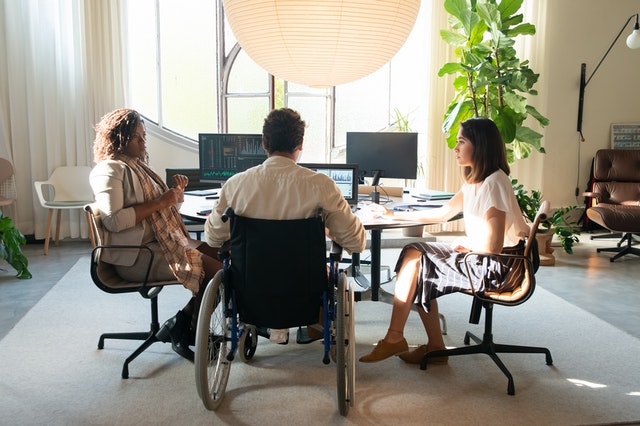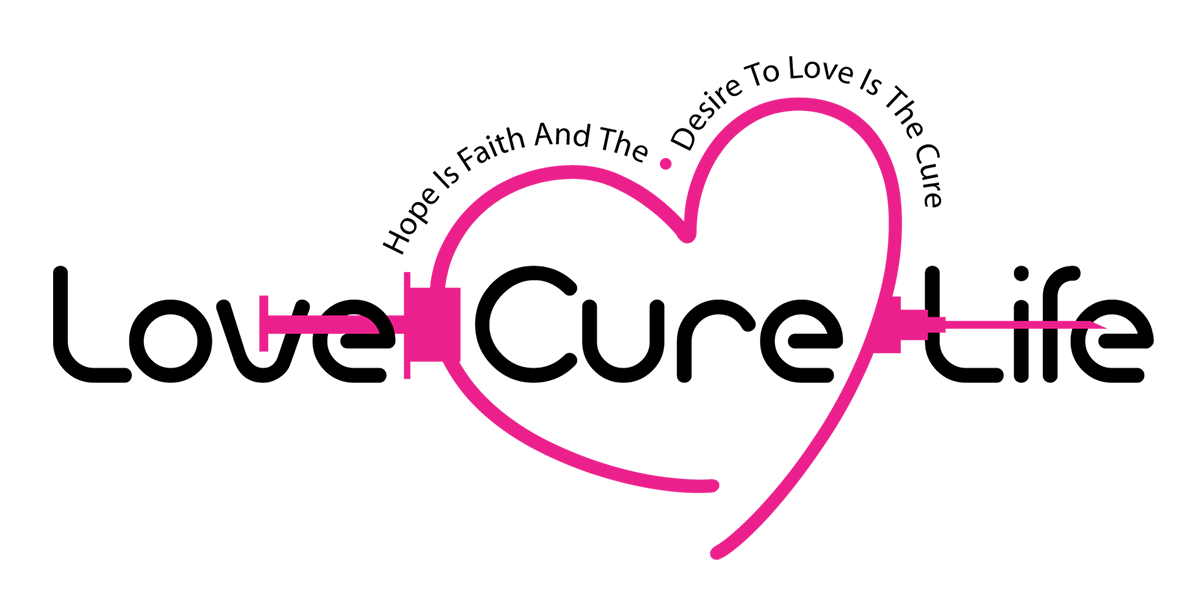
The Disability Experience
If you have ever been diagnosed with a disability or are currently experiencing one, you can see how some of these common issues can be difficult to manage and don’t always have an easy solution:
• Costs: You may find yourself having to pay out of pocket for multiple items that you would normally get free or subsidized by your employer or government;
• Time: You may feel like your life is being stretched more thin due to increased workload and demands on your time;
• Inability: You may feel undervalued by your employer or unable to reach senior management because of your inability to communicate effectively with them;
• Burden: You may feel overwhelmed by the amount of information required from you and wonder what you are supposed to do if anything goes wrong;
• Schedule: Not getting enough sleep is not an option because there is no guarantee when you will actually be able to sleep (and on top of that we must worry about our own health); These are just some examples of the kinds of issues that people with disabilities face when they need help managing money, time and their health. The same is true for startups trying to sacrifice their day jobs in order focus on building their product — they need help managing money, time and their health too! And just like people with disabilities who have access only certain things in life, startups should only need certain things out in life — unless those things are critical (like signing contracts)
Gain Knowledge of Your Disabilities
“People with disabilities are a diverse group, and having disability is not an inherent characteristic of being disabled.” – This is an idea that sets me off on a rant but I think it’s worth mentioning. In order to make the world a better place for all people, we need to become more open about how we view disability and what it means to us. By acknowledging the fact that people have different perspectives on disability, and by actively working to understand it, we can use this knowledge to create something that works for everyone. Disability is not an inherent trait; it is something we all share. Acknowledging this can help us understand one another and speak up when necessary in situations where people with disabilities are put at risk. I will spare you the long list of things I wish I knew before my disabilities hit me, but here are a few things I do know:
1) Disability is not a bad thing;
2) Personal growth comes in many different forms;
3) There are many things that aren’t common knowledge but should be;
4) As you work on developing your skills, your ability to use them will improve;
5) You’re more than just your physical ability;
6) You can learn new skills by doing something you love instead of just sitting around doing nothing. I hope this helps!
Knowledge is Power
There are a lot of people who have the privilege of working and learning at their own pace (people like me), but for most workers with disabilities it is much harder to do so. The time you spend on your job is directly proportional to the amount of time you have available for learning and work experience. It’s true that there are resources out there that can help, but they generally cost money, or they don’t cover the whole gamut of disabilities. If you don’t believe me, ask anyone who has been or worked with someone with a disability and try to get them to talk about how they found information, where it came from and how they were able to learn as quickly as they did. There’s a quote in a book – Understanding Power: The Art and Science of Effective Communication by Robert Greene – that says “Quit giving up on yourself. You have power over your own situation; the more power you give up on yourself, the more comfortable you become” (p. 11). That thought applies even more strongly when you have a disability. For example, if I had been diagnosed with diabetes early in my career, I would have had to work very hard — even harder than I do now — in order to stay alive (and healthy) at work. Nowadays, I can get around without any problem following simple rules like “parking my car at the front entrance so I don’t block others from entering or leaving” or “not lifting heavy things above my head because it hurts too much.” Before that was an impossible dream! In this context, knowledge is power is an important concept: knowledge gets you started on your journey towards becoming more productive than ever before because it helps you navigate difficult situations that would otherwise be much tougher to navigate (and keep track of). In other words knowledge is power: knowing what information is out there can make all the difference between success and failure in your job search or career path. Knowledge also makes it easier for us to not just identify what information we need but actually find it!
Conclusion
When it comes to networking, it is very important to know who you are and what you stand for. This is not a passive observation of your own persona; it is an active process based on introspection. If you want to be more successful at networking, then consider the following: You should make sure that your network knows who you are and that your values align with theirs. You should be proactive about making connections with people because there will come a time when the only person you can rely on is yourself. When that happens, the rest of your network will be people who have been in your shoes before, so they can help you make better decisions. And finally, if possible: It’s all good! Don’t feel bad if you haven’t had a chance to meet people yet — once they get used to having someone new in their lives, they’ll come back for more.
